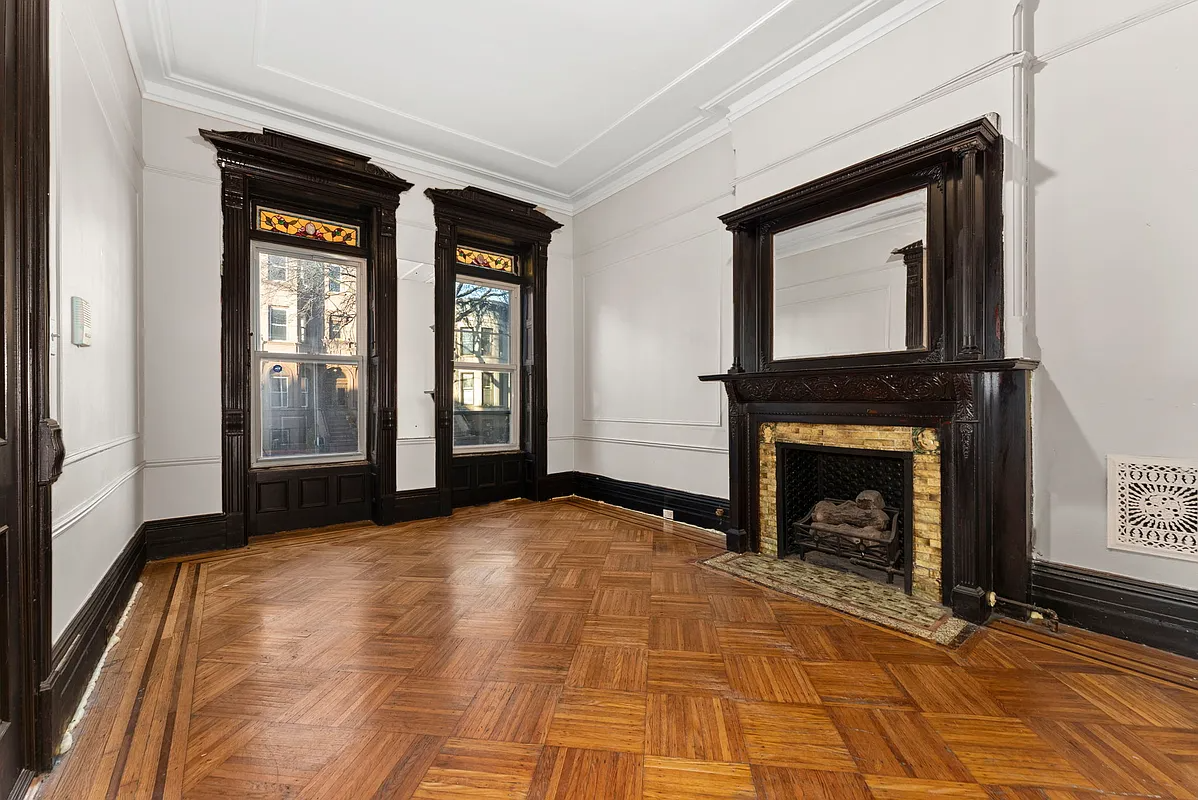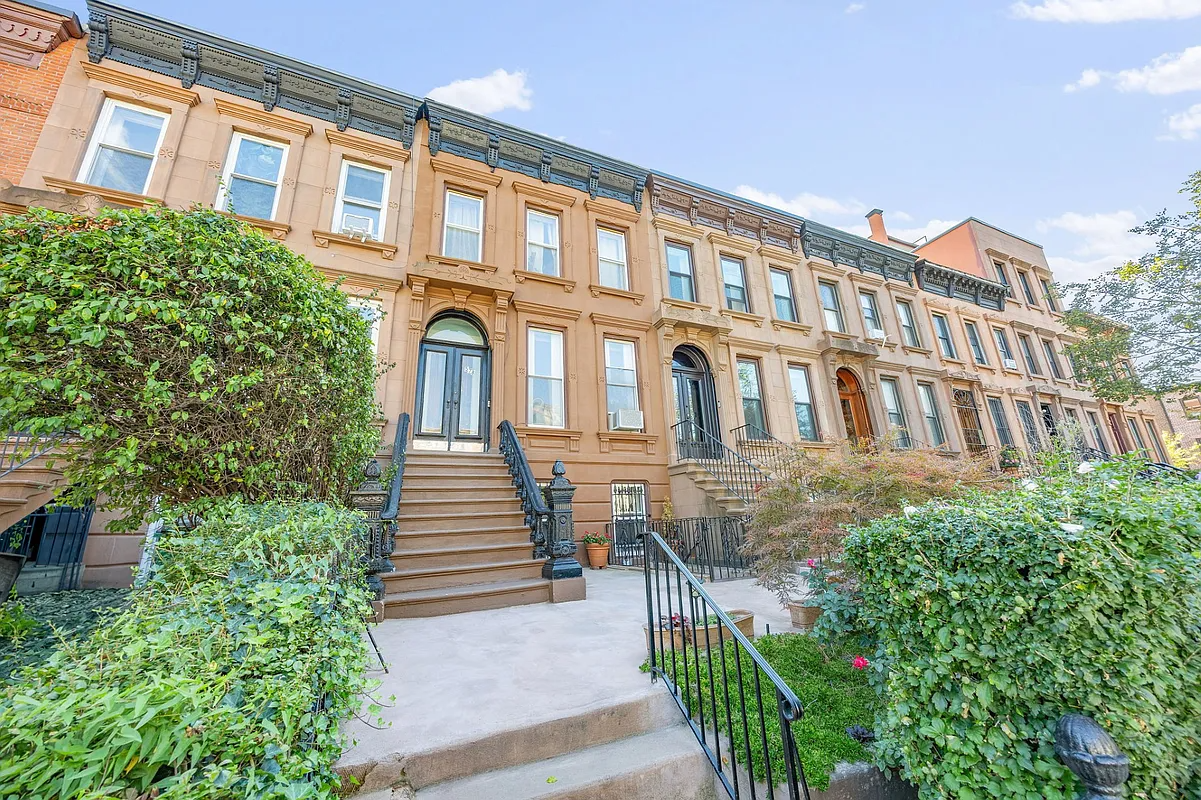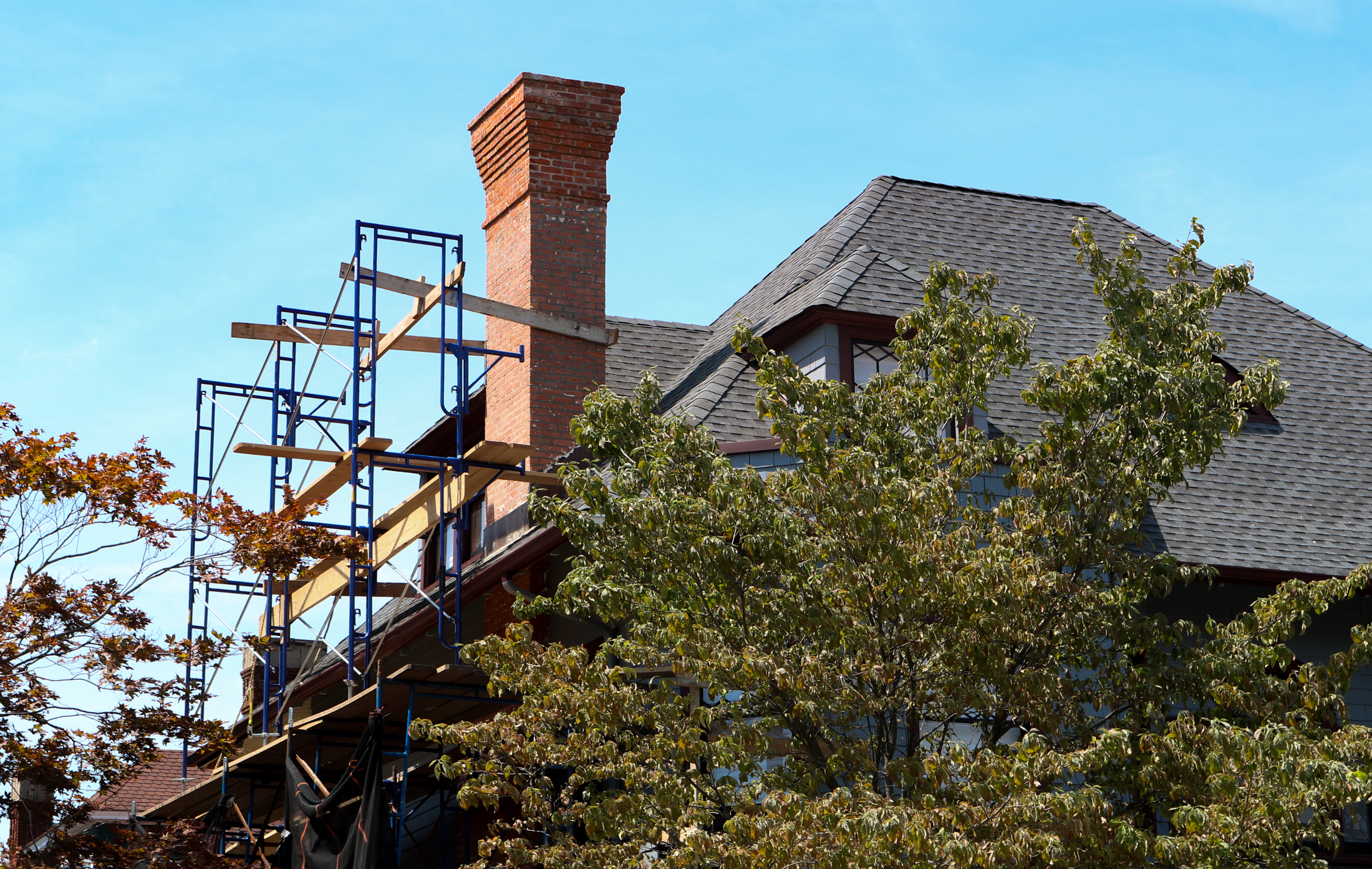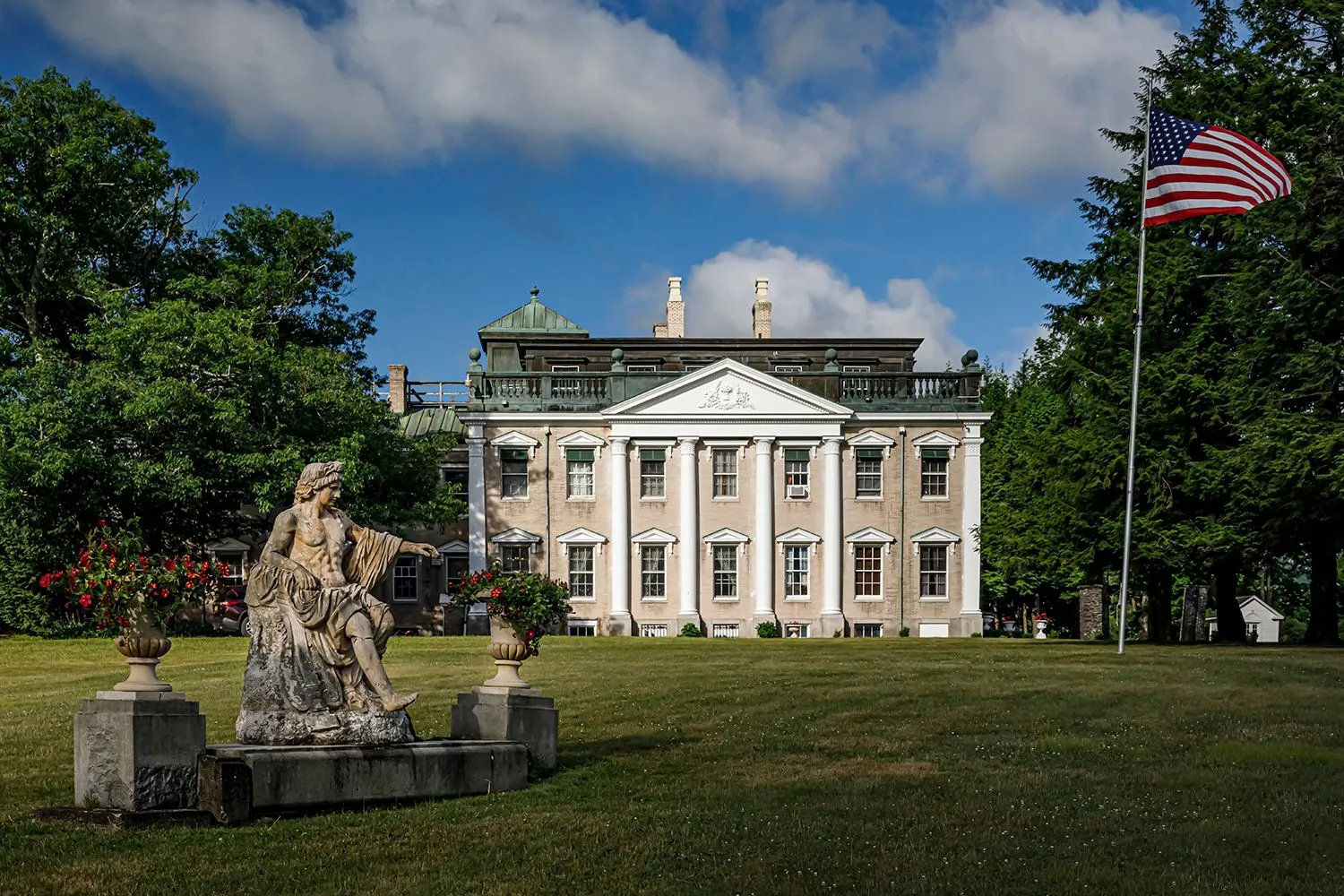Housing Bubble Starting to Lose Air?
We don’t usually get around to the Op Ed page ’til later in the day so we missed Krugman’s piece yesterday on everybody’s favorite topic, the housing bubble. Among the signs he points to that the bubble is already losing air are: The bubble doesn’t burst with a bang–inventory builds as sellers hold out for…
We don’t usually get around to the Op Ed page ’til later in the day so we missed Krugman’s piece yesterday on everybody’s favorite topic, the housing bubble. Among the signs he points to that the bubble is already losing air are:
Is there any hard evidence that properties in New York are sitting on the market for longer?
That Hissing Sound [NY Times]





New Stoner – you should be a math teacher! LOL Great examples. It is helpful, and necessary, to have some sort of point of reference.
It’s very confusing when % figures are thrown around in the press– no wonder everyone is getting their flashlights and canned peas ready for the burst! Arbitrary numbers fuel hysteria!
I own a Condo….
Excellent question!!!! People keep throwing out terms in rediculous context. Price Correction vs. Bubble Burst.. Two VERY DIFFERENT Things. The stock market corrects all the time.. But that doesn’t constitute a bubble bursting.
Maybe we should come up with our own form of valuation. Similiar to the equity markets… Stocks have a P/E ratio. Price to Earnings.
For real estate we’ll have an E/V ratio. earnings to Value ratio…
The average household income in New York (depending on who you ask) is about $70,000 and the average house value is about $400,000. So that gives you an E/V ratio of about 5.7.
Now the higher your ratio goes the more problematic it becomes… So if you earn more, say $150,000 and your home is valued at say $1.5MM your ratio is about 10 and you could be looking for trouble. But with that same income and a home for $850,000 you’re looking at an E/V ratio around 5.6. Lower than the average…..
This may be Nobel material…. 🙂
Barbara, Park Slope is upland enough so that it will likely remain dry. Depending on the rate of continued glabal warming, the new waterfront will be at Fourth Avenue in anywhere from 100 to 1000 years.
I Own a Condo, I’m not a finance person or anything, but everything I have heard mentions the fact that housing prices are too high because they are totally out of sync with people’s incomes. Housing has risen in the doublt digits every year for the past few years but I know very few people who have had double digit % raises in that same time. So we’re working on 2000-2001 incomes with 2005 prices and it’s out of whack.
Question to all:
Help a first-time buyer out. We keep referring to the overinflation, and how many percent things are overinflated by… but as compared to what?
What is the “ideal” housing price? What is the figure, that is compared to the 30% – or whatever it is – to calculate that amount of supposed overinflation?
If housing prices are constantly rising and falling, fluctuating, over time… how are these comparisons made? To me, it appears the price would not be the important variable that is used — but rather, DURING WHAT TIME the comparisons are made? And of course, then each time would have its own unique set of economic influences and conditions…
Does this make sense? Am I babbling now? TIA!
No, NYC itself will probably not be rolling with tumbleweeds, but I think we’re already seeing price corrections in some areas as sellers are reducing their prices a bit.
And again, gentrifying a neighborhood is tough work. I didn’t think the NY Mag article was particularly “on” myself, but there are still risks associated with living in up and coming neighborhoods. But I am fairly certain that people who buy in those places know the risks and are facing them with a clear head.
Alo- The NY Mag article of neighborhood “analysis” was a crock and hardly anything scientific.
I see your points of comparisons to the other markets, but I just can’t buy it that NYC (especially Brooklyn, where I and many on this board own) is going to have tumbleweeds rolling by and we’ll be looting in the streets in 2 years. Still booming – probably not, but who knows?
Consumer Reports did an interesting rating of overinflation in RE markets across the nation a few months back. They rated nyc (as did some other analyses) at about 30 percent overpriced. Who knows how inflated it would seem now.
Also see NY mag’s analysis of volatility of different neighborhoods – slope/p.heights is considered quite stable, but bedstuy, crown heights/bushwick –not so at all.
“bubble schmubble” optimism at this point i think is an exercise in denial- the Natl Association of Realtors just today was essentially calling the top of the market. And these are Realtors.
When you consider the housing market has been basically running the economy for the last 4-5 years, if it flattens or drops we could be headed into some hard economic times. Which will hit the urban NE particularly hard.
You can already see signs trouble is ahead- check out Boston’s now-struggling RE market, and the growing inventories in the burbs/Queens.
Anon at 1:31 – Hm. That is unfortunate. Maybe she can refinance soon? Sounds like she didn’t really get much good advice during her decision-making process. I hope it works out.